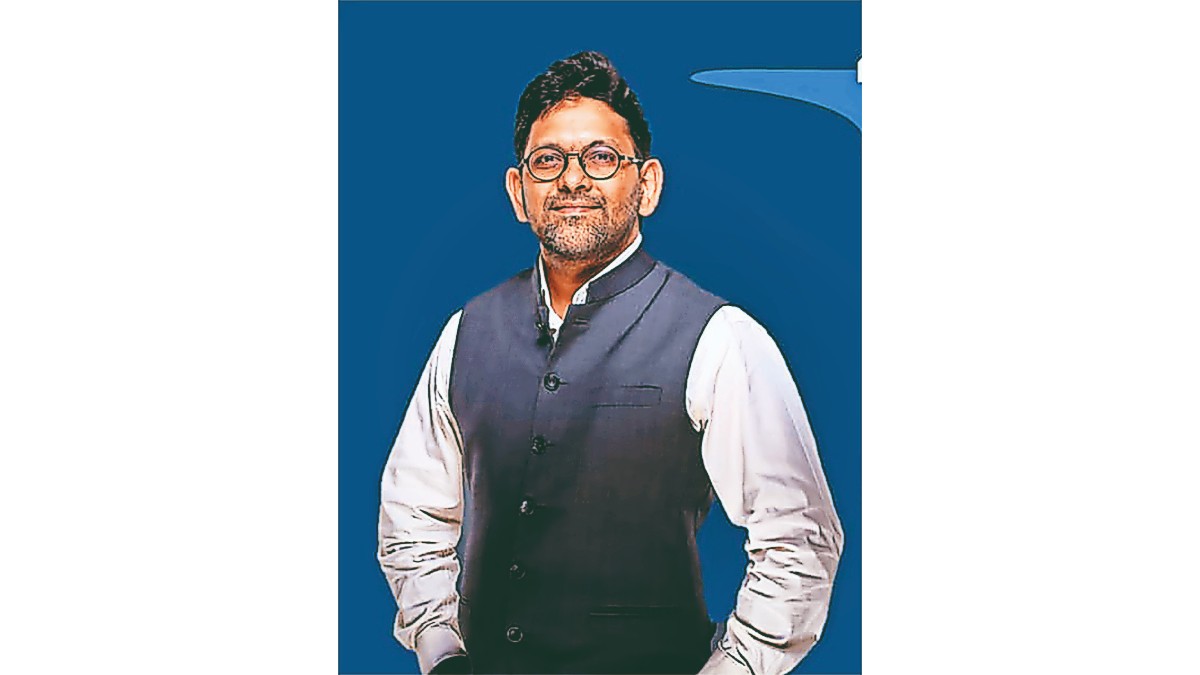In the dynamic world of finance, understanding the impact of tariffs and trade barriers is crucial for investors. Kalpen Parekh, CEO of DSP Mutual Fund, emphasizes that historical data indicates such measures can stifle growth. With recent market fluctuations driven by US tariffs and retaliatory actions from China, Parekh shares insights on navigating these turbulent waters and offers advice for investors aiming to make informed decisions.
Market Reactions to Tariff Announcements
The markets experienced a significant downturn on Monday, influenced heavily by President Donald Trump’s announcement of tariff increases affecting various countries. This development has the potential to escalate tariffs globally, which historically has led to economic slowdowns. In India, this uncertainty, compounded by high valuation concerns, contributed to a market slump. While it’s premature to assess the full impact of these tariffs, volatility is expected to persist. Investors are advised to maintain alignment with their asset allocation strategies.
Strategies for Navigating Market Volatility
Stock market fluctuations can be unpredictable, and reacting impulsively often leads to missed opportunities. Parekh suggests focusing on long-term investments instead of getting caught up in short-term market movements. Here’s what’s been key for DSP Mutual Fund:
- Defensive Positioning: Some funds maintained a cash reserve of 5-10% and hedged portfolios with put options when prices were favorable.
- Sector Focus: Greater investments in sectors like financial services and insurance, which have underperformed recently, helped buffer against market declines.
Insights on Future Market Trends
Parekh describes the current situation as a rare event, one that hasn’t occurred in 70 years. The impact of tariffs on global markets is still unfolding. While the markets currently reflect expectations of robust growth in both India and the US, any global slowdown is likely to heighten volatility.
Pricing and Market Adjustments
The initial market reactions have already begun to account for the anticipated tariffs. The immediate price adjustments reflect the expected uncertainties in growth and trade. The true effects on corporate profits will manifest over the coming quarters, leading to further market corrections. Notably, the pharmaceutical sector may experience less impact compared to the automotive and ancillary industries.
Evaluating Stock Valuations
Amid heightened uncertainty, Parekh notes that market valuations are gradually correcting. Presently, the focus is on sectors that have seen sharp declines, such as banks, healthcare, and energy. This careful selection of investments is crucial as the market strives towards a state of fair valuation.
Small and Mid-Cap Trends
While large and flexi-cap funds have outperformed small and mid-cap funds over the past year, the latter still shows superior returns over three to five years. Successful investment in small and mid-cap sectors relies heavily on timing and choosing the right companies.
Investors who opted for hybrid, dynamic, and equity savings funds have shown remarkable resilience, with minimal declines during recent corrections. This cautious approach has proven beneficial, contrasting with those who invested in popular sectoral funds at their peak.
In conclusion, while the market landscape is fraught with challenges, Parekh’s insights underscore the importance of strategic decision-making. By focusing on long-term growth and being mindful of market dynamics, investors can better navigate these uncertain times.











